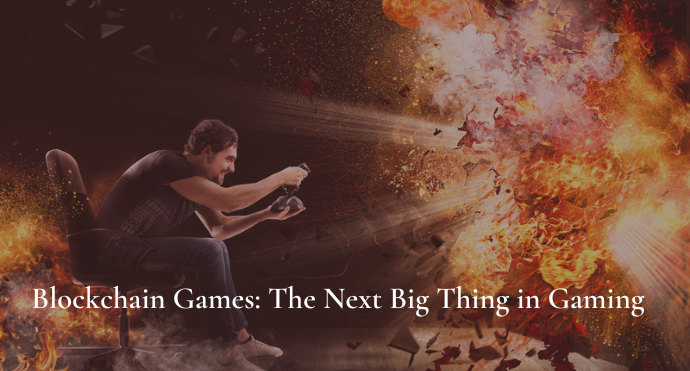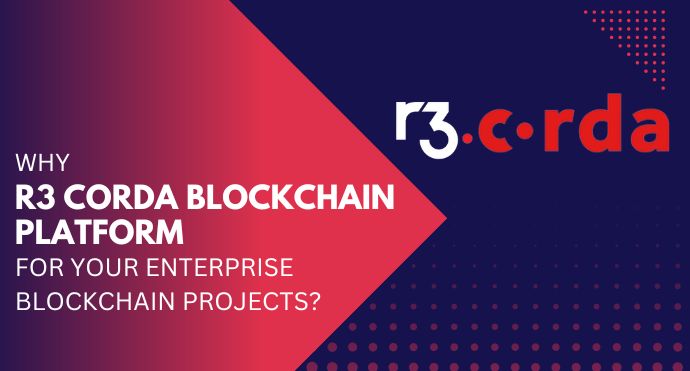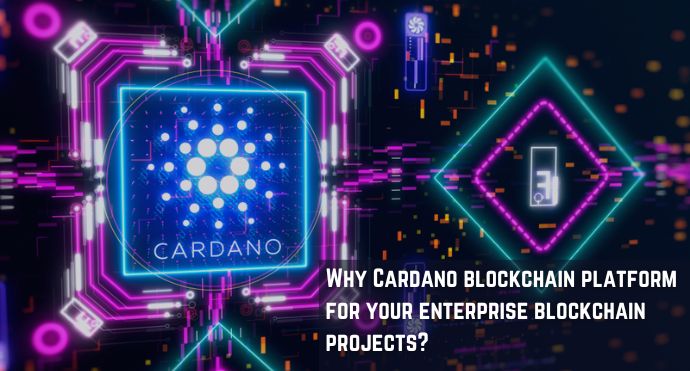In recent years, a new industry has emerged that is rapidly reshaping the gaming landscape as we know it. Blockchain gaming, powered by decentralized technologies such as non-fungible tokens (NFTs) and smart contracts, offers a range of advantages over traditional games. This article explores the transformative potential of blockchain gaming, its key benefits, popular games in the market, and the challenges that lie ahead.
Advantages of Blockchain Gaming:
1. True Ownership of In-Game Assets:
Blockchain games employ NFTs to represent in-game assets, granting players unprecedented ownership rights. This means that players can trade or sell their assets on decentralized marketplaces, fostering a thriving player-driven economy.
2. Provably Fair Gameplay:
By utilizing smart contracts, blockchain games ensure transparent and fair gameplay. Players can trust that the game mechanics are not rigged, allowing for an equitable and engaging gaming experience.
3. Decentralized Marketplaces:
Blockchain games leverage decentralized marketplaces, eliminating the need for intermediaries like game developers or publishers. This decentralized model enables direct peer-to-peer trading, fostering competitive pricing and empowering players with greater control over their gaming experience.
Popular Blockchain Games:
1. Axie Infinity:
Inspired by Pokémon, Axie Infinity has gained significant popularity. Players can breed, battle, and trade digital pets called Axies, earning cryptocurrency in the process. This play-to-earn model has attracted a dedicated community and revolutionized the concept of ownership in gaming.
2. The Sandbox:
The Sandbox offers a virtual world where players can build, own, and monetize their creations. With its user-friendly interface and robust community, players have the freedom to unleash their creativity and explore economic opportunities within the virtual realm.
3. Decentraland:
Decentraland is another virtual world where players can purchase, sell, and build on virtual land. It provides a decentralized platform for immersive experiences, social interactions, and unique economic opportunities through its native token, MANA.
Challenges Facing the Blockchain Gaming Industry:
1. High Entry Barrier:
The integration of blockchain technology into games comes with higher development costs compared to traditional games. Ensuring security, scalability, and fair gameplay requires additional expertise and resources, creating a barrier to entry for developers.
2. Lack of Awareness:
Despite its potential, blockchain gaming remains relatively unknown to many gamers. Raising awareness and educating the gaming community about the benefits and possibilities of blockchain gaming is crucial for industry growth.
3. Regulation:
Regulation surrounding blockchain gaming is still evolving, creating uncertainty and potential risks for developers and investors. Striking a balance between consumer protection and innovation is essential for a sustainable and thriving blockchain gaming ecosystem.
Conclusion:
The blockchain gaming industry is rapidly expanding and disrupting the traditional gaming market with its unique advantages. True asset ownership, provably fair gameplay, and decentralized marketplaces are transforming the way players engage with and monetize their gaming experiences. Although challenges such as high entry barriers, lack of awareness, and evolving regulations persist, the potential of blockchain gaming to reshape the industry is undeniable. As technology advances and awareness grows, we can anticipate a future where blockchain gaming plays a central role in redefining how we play and experience games.



